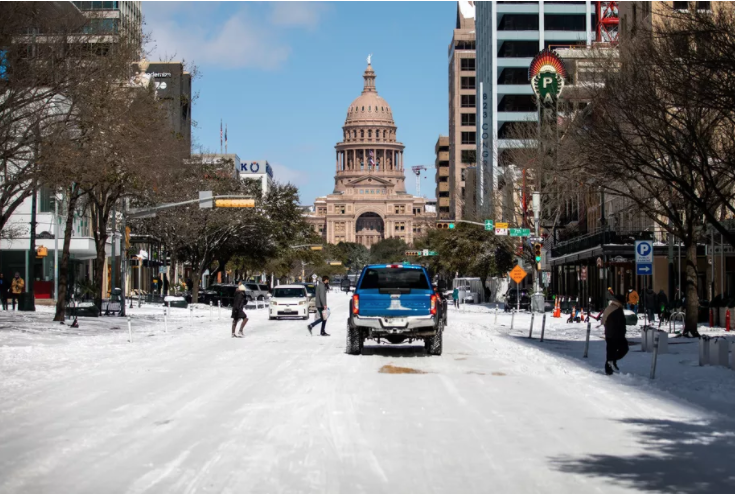
Millions of Americans have been without power this week after a winter storm brought snow, ice, and historically cold temperatures to 25 states. Nearly 75% of the Lower 48 states were under snow or ice cover, according to the National Oceanic and Atmospheric Administration’s National Snow Analysis.
Texas has been hit especially hard, with millions still without power and water. Texas Gov. Greg Abbott has declared the storm a statewide disaster, and Texans are dealing with some of the coldest temps in 30 years, causing extreme power grid problems, including rolling blackouts.
Why the Power Outage?
Texas is the only state that operates its own power grid, which has allowed them to avoid following federal regulations that require cold-weather capabilities. Managed by the nonprofit Electric Reliability Council of Texas, or ERCOT, the grid provides 90% of the state’s electricity and serves 26 million customers.
Texas’ power sources are diverse, with a competitive market. The largest source of electricity is natural gas, followed by wind and solar, coal, then nuclear.
This unpredictable below zero weather has put the state’s resources and grid to the test. There’s been an increase in demand for power and heat, but the supply of electricity has fallen drastically due to frozen wind turbines, oil wells, and coal piles. And many natural gas plants can’t get the supply they need in order to generate electricity. The state was not prepared for this “perfect storm.”
COVID Implications
Power outages are making it hard to keep COVID vaccines at the temperatures needed to remain effective. Texas healthcare workers scrambled to distribute thousands of vaccines so they wouldn’t go to waste. The CDC said “widespread delays” would impact vaccine shipments across the country due to the weather, with several vaccine distribution locations shutting down.
To keep the homeless and those without heat comfortable, Texas deployed “public warming centers.” Enforcing COVID precautions means fewer people can reap the benefits.
Lessons Learned
This unlikely situation with a combination of failures preparing the state’s infrastructure has left millions in the dark and cold. The situation leaves many to take stock of the lessons learned to avoid similar problems in the future.
Take Action
- Make a donation to organizations helping with relief efforts in the areas: the Salvation Army or the American Red Cross.
- Many local organizations like the Austin Urban League or local food banks like Feeding Texas are helping residents in local communities. Here’s another list when considering how to help.
- Investigate the boards and commissions in your city or state that control or manage infrastructure in your community.
- Educate yourself on the breakdown of power sources in your state from the Energy Information Administration, then dive into our Policy Circle Brief on Energy.
- Educate yourself on federal and state regulations and what you can do to help your community in our Policy Circle Brief.
Other News

Federal Exchange Health Plans Open for Enrollment
Opening enrollment won’t change the high cost of health plans, and giveaways are perpetuating a status quo that fails American patients.
Take action: Read The Policy Circle Healthcare Brief.
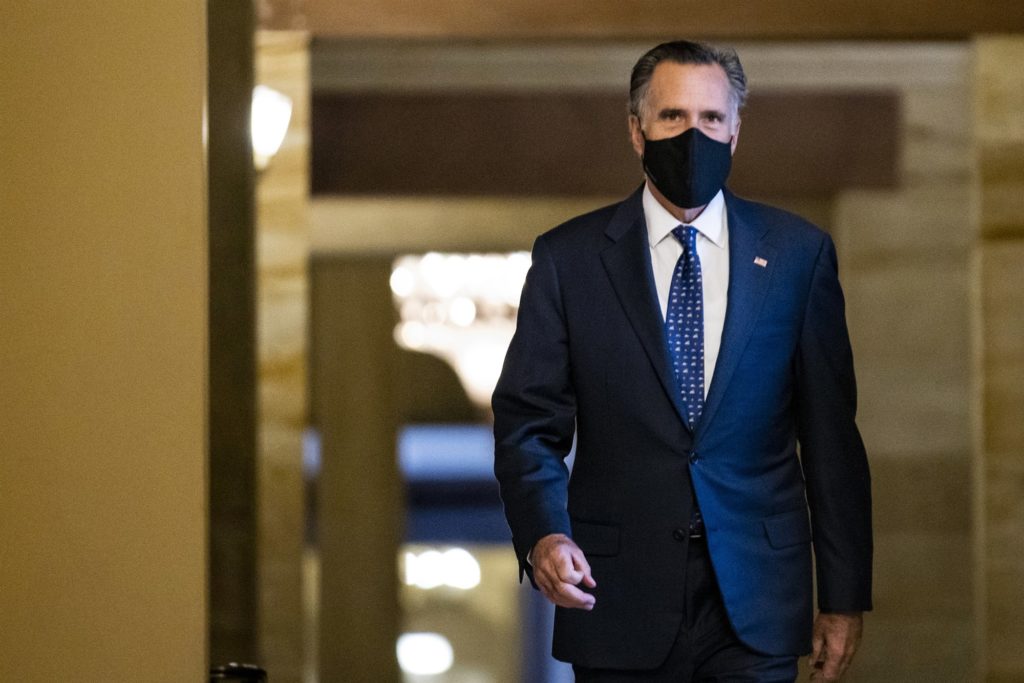
GOP Sens. Romney, Cotton to propose minimum wage hike coupled with immigration enforcement
While Democrats are trying to find a way to get a $15 wage floor, Romney says his bill will “ensure businesses cannot hire illegal immigrants.”
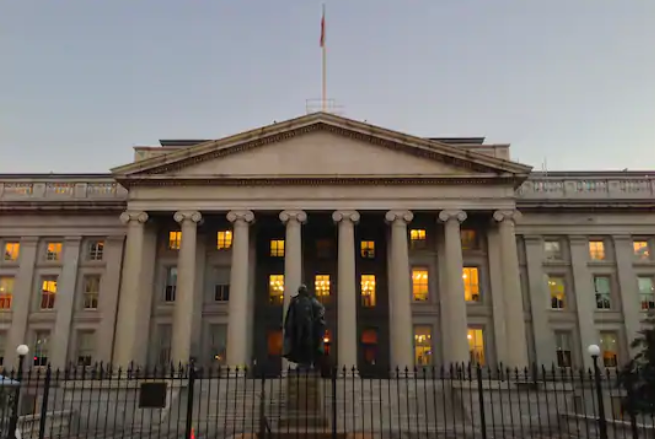
Federal debt to exceed size of economy even before Biden stimulus is approved
America’s federal debt is set to exceed the size of the entire U.S. economy this year for only the second time since the end of World War II.
Take action: Read The Policy Circle Federal Debt Brief
CONVERSATION STARTERS
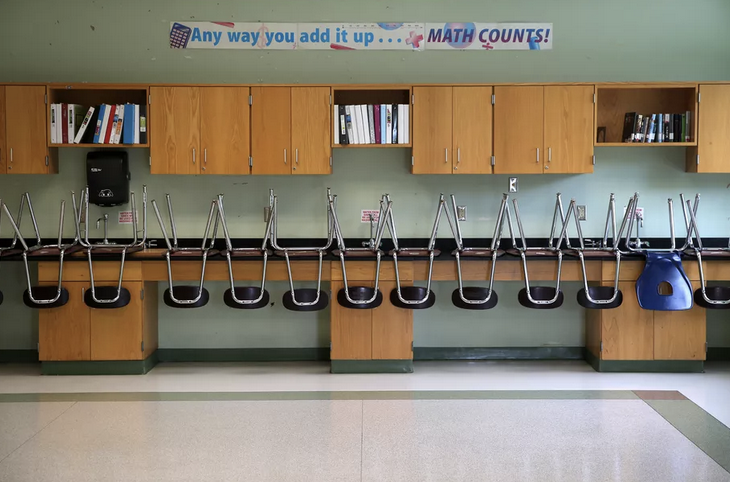
We wiped out the flu this year. Could we do it again?
CDC says that as of January 30, there have been 1,316 positive flu cases since September. Around this time last year, it had logged 129,997 flu cases.
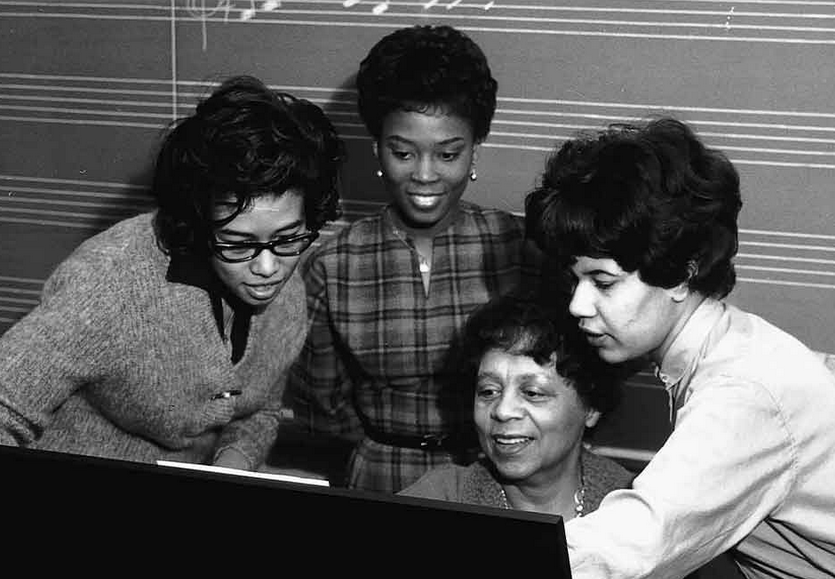
These Colleges Produced Generations of Black Women Leaders
Take a deep dive into the Smithsonian’s artifacts and archives to explore the legacy of America’s Historically Black Colleges and Universities

Support for Third U.S. Political Party at High Point
- 62% say a third party is needed, up from 57% in September
- Highest support for a third party by one percentage point
- A record-high 63% of Republicans favor a third party

Why an inspired leadership style is that only one that will work post pandemic
“It’s about working out what triggers you, what excites and motivates you; what really matters to you – and using that as the foundation from which you make decisions for your business and employees. All whilst remaining dedicated to continual development and learning,” says Sarah Butler.
The Policy Circle is a 501(c)(3), nonpartisan organization that provides pathways for women to become courageous, knowledgeable and active citizens who identify and take ownership of local solutions to the issues facing their communities. Please consider supporting our mission and developing your own leadership skills by becoming a financial supporter.
Want to share your Policy Circle story? Email us at communications@thepolicycircle.org to learn how to get involved. And follow us on social: Facebook, Instagram, Twitter and LinkedIn.